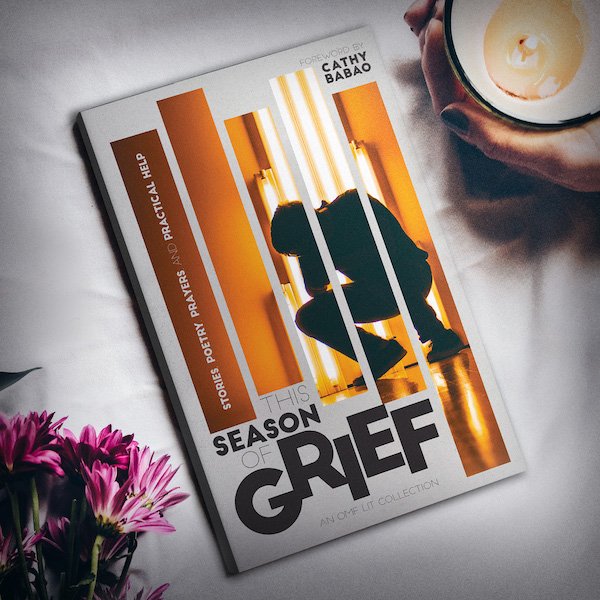God In The Midst of Goodbyes
The ravages of COVID-19 are universal but also deeply personal. We are made bereft of physical health and other things as well—things which have given our lives joy and purpose. The gall of COVID-19 is that it can wrench away from us the very things which we know and trust to be true.
I’ve lost activities that defined me, I told a friend one day. In some ways, I’ve also lost the person I once was. These activities hadn’t been mere tasks that meant little to me; they were expressions of what I believed in, hoped for, prayed about, and loved. They’d given meaning to my days and had been my reason for waking up on many mornings. Not only did I miss them, I also missed the person I’d been, doing them. I’d been happy with who I was and the rhythm my life had.
Apart from two close friends, I never showed—or shared—my pain to anyone. My feelings seemed shallow and melodramatic. How could I call attention to my loss, when so many people were suffering losses greater and more profound than mine?
But grief is a terrible burden to carry alone, and the exertion is made more difficult when one must show a courageous face and move along with the demands of living. And so I turned to God. Not because I wanted to, not because my faith in Him had been restored, but because I knew I couldn’t bear my burden alone.
Hudson Taylor, the great missionary and founder of the China Inland Mission, said, “When I cannot read, when I cannot think, when I cannot even pray, I can trust.” In the beginning, I could not do even that. “But Lord,” I whispered one night, exhausted from work, “I can remember.”
I could remember instances in the past when the light of Heaven had so illuminated the most hopeless of days, so much so that the only plausible thought was—There is really a God. I could remember times when a gentleness touched the rough cracks of my soul, removing all my doubts about God’s goodness and love. And then the tremulous clutching at memory turned into a desire to trust. The past reminded me that God and His promises could be trusted—even now, when no place in the world was spared from COVID-19.
One night, I managed to pray, “Lord, there are times when You and Your Word are just like a tiny flicker of light. To trust in this light feels like I’m trusting an illusion. But why then is there a part of me that can’t shake off the conviction that this tiny flicker is stronger than all the darkness around? This conviction can come only from You—You, the God who tightens His grip on me when my hold on Him is loosening.”
It has taken me a while, but I’m learning I can grieve my losses not just in the private darkness of my thoughts, but also by the light, the presence, of God and His Word. His is the quiet, fatherly light of promises faithfully kept in the past; His is also the warm flame of Scripture, that one thing I know to be true, even when many things in me and the world say otherwise.
A friend once told me, “Let’s keep holding on to Jesus.” It is this Name that holds on to me when I can’t hold on to Him. This Name knows the places where unshed tears come from, and helps me live through them.
The backdrop of grief is not always a still, overcast day; sometimes, it can be frenzied work and planning, to shut out the pain of loss and uncertainty. Always, however, whether we’re aware of it or not, the backdrop is God Himself. He is reaching out, and He is gripping us.
=========
This is an excerpt from Karen Huang’s chapter “God In The Midst of Goodbyes” from This Season of Grief: Stories, Poetry, Prayers, and Practical Help. This book recently won in the Best Inspiration Category of the Gintong Aklat Awards. it also won in the Filipino Reader's Choice Awards for the Inspirational/Religious category and was a finalist in the National Book Awards in the “Best Anthology” category
In this season of grief, many have suffered different kinds of loss.
We’ve suffered the loss of the physical—loved ones, our health, income, possessions. We’ve suffered the loss of the intangibles— freedom, memories, justice, peace. We’ve also suffered the loss of the ambiguous; we know we have lost them even though we could not name them. We feel all these losses and cry out in a collective, pandemic grief.
This book comes alongside those grieving many kinds of loss — not as an authority hurriedly dismissing a grief but rather, as a gentle friend who says, “I understand…”
Through stories, poetry, prayers, and practical help, this book brings comfort and hope to those languishing in this season of grief.


